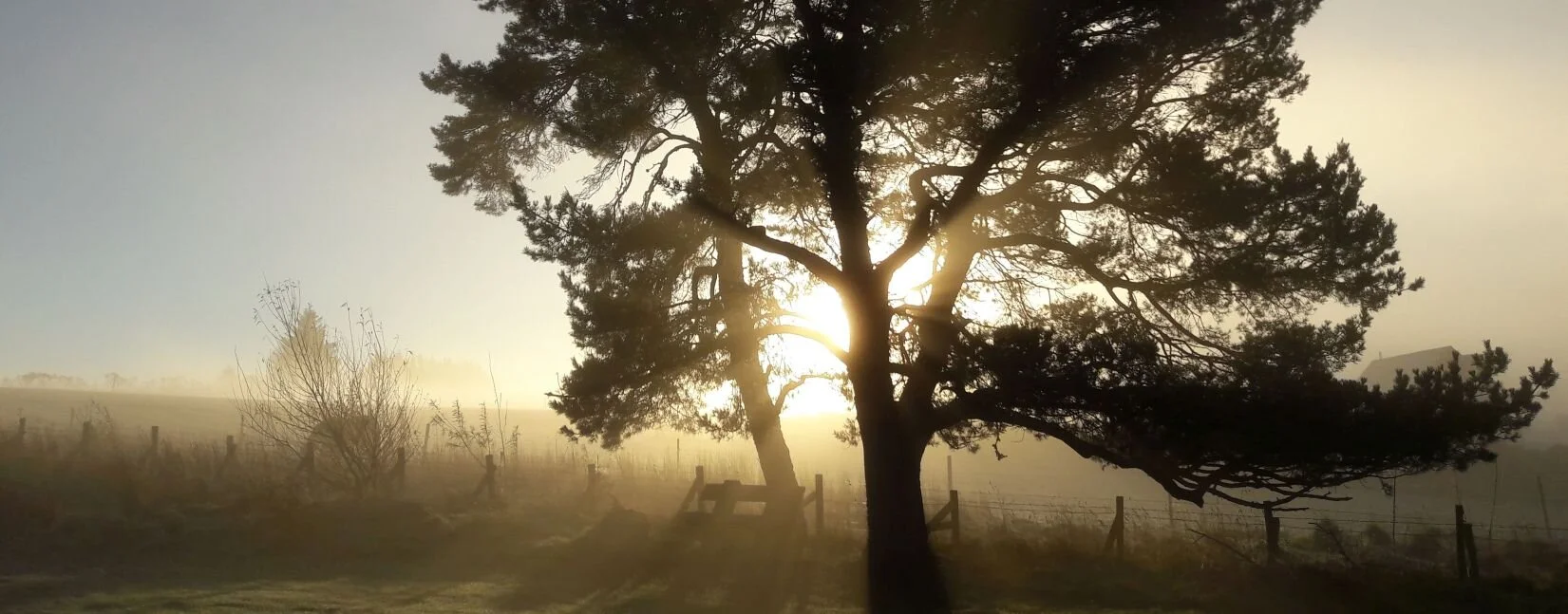I was listening to an interview with the splendid Brian Eno the other day, where he spoke very eloquently about creative types doing too much. When writing music, there is a tendency to fill in every gap, to build up layer upon layer, proving by accretion that your work has weight. The requirements of the creator are often different from those of the listener or reader. What the consumer wants is nowhere near as much as the creator puts in. In other words, we overdo it, and by overdoing it we actually spoil our creation.
This came into my mind when I was talking to some real, live people about fantasy writing. Two of us complained that a certain incredibly-famous fantasy author had rendered his work unreadable by giving too much lengthy detail about his world. Endless descriptions of clothing, ponderous depictions of meals. Another responded that there was a YouTube channel all about digging deep into this detail and showing what a magnificent achievement it is, how the author has drunk deep from the well of history and myth.
This is where writers of fantasy can go wrong. We create these detailed universes, filled with culture, racial and social tensions and memory, building and building our worlds. But then we forget that the reader - on the whole - wants a story. They want interesting characters and a strong plot, not page upon page of the writer proving how good he or she is at imagining alternate worlds. That, I'd argue, is what appendices are for. Some readers do want the deep dive and we should provide that background if we feel it's wanted. But not in the story.
The problem is that we spend a lot of our time on world building and so we feel the effort has to be shown in the text. It certainly does, but not with excessive detail that puts the reader off. Build the world, devise all that lovely detail and context, but then get on with the business of spinning your yarn. The background will take care of itself and be just that: background. Detail in the story is there to help the reader understand the motivation of the characters, why things are happening and what might happen. Occasionally, we might permit the odd myth or history lesson, especially if it's short and to the point and not completely Basil Exposition.
I've tried very hard with The Blade Bearer to keep the detail in the background and only bring it out when it's needed. If I ever start boring you, you will let me know, won't you?
